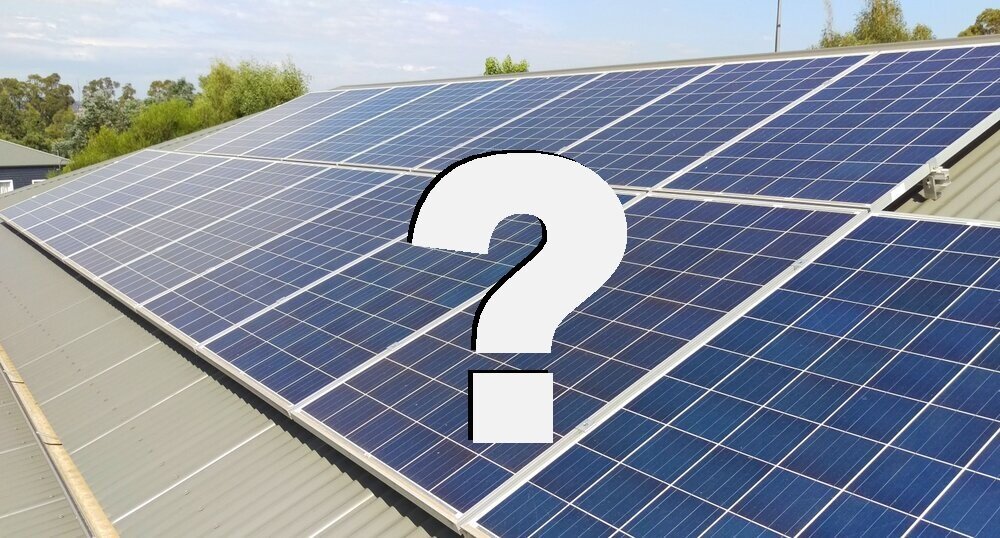Introduction:
Despite the growing popularity of solar energy, many misconceptions about solar power still persist. These myths can discourage homeowners in Florida from making the switch to solar, even though it can be a highly beneficial and cost-effective solution. In this blog, we’ll debunk some of the most common myths about solar power, particularly in Florida, and provide the facts to help you make an informed decision about whether solar energy is right for you.
Solar Panels Don’t Work in Cloudy Weather
One of the most common misconceptions about solar power is that solar panels don’t work when the weather is cloudy or overcast. While it’s true that solar panels are most efficient on sunny days, they can still generate power during cloudy weather. In fact, even on cloudy days, solar panels can capture diffuse sunlight and produce energy. Solar panels are designed to work with the light that is available, and modern solar technology is efficient enough to generate power in less-than-ideal weather conditions.
In Florida, which enjoys ample sunshine throughout the year, solar panels typically generate a significant amount of energy. Even in Florida’s rainy season, the frequency of sunny days ensures that solar panels will still produce a meaningful amount of electricity.
Solar Is Too Expensive for Most People
Many people assume that solar energy is too expensive for the average homeowner, but this myth is outdated. While the initial cost of solar panels can be significant, the price of solar systems has dropped dramatically over the past decade. Additionally, with the Federal Solar Investment Tax Credit (ITC) and Florida’s sales tax exemption for solar equipment, homeowners can significantly reduce the upfront cost of installation.
Moreover, solar systems offer long-term savings by significantly reducing monthly electricity bills. In many cases, homeowners can see a return on investment in as little as 7-10 years, depending on their energy usage. Financing options, including loans and solar leases, also make it easier for homeowners to adopt solar power without paying upfront costs.
Solar Systems Require Too Much Maintenance
Another myth is that solar systems require extensive maintenance. In reality, solar panels require very little maintenance to continue operating efficiently. Most solar panels are designed to last 25 years or more with minimal upkeep. Routine cleaning and periodic inspections are typically all that’s needed. The good news is that Florida’s frequent rains often help wash off dirt and debris from the panels, reducing the need for cleaning.
Moreover, many solar installers offer monitoring services to track the performance of your system, ensuring it continues to operate efficiently without requiring significant maintenance.
Solar Power Is Not Reliable in Florida’s Hurricane-Prone Areas
While it’s true that Florida is prone to hurricanes, this doesn’t mean solar power is unreliable. In fact, solar panels are designed to withstand strong winds and harsh weather conditions. Modern solar systems, especially when professionally installed, are built to be weather-resistant and can perform well even during storms. Additionally, adding battery storage can provide homeowners with energy independence, ensuring they have power even during outages.
After a hurricane or storm, solar systems with battery storage can keep critical appliances running, such as lights, refrigerators, and medical equipment, even if the grid is down.
Conclusion
Debunking these common myths helps clarify the reality of solar energy in Florida. Solar panels are an efficient and cost-effective energy solution that works even in cloudy weather, provides long-term savings, requires minimal maintenance, and can be reliable in hurricane-prone areas. By dispelling these misconceptions, we hope to encourage more Floridians to consider the benefits of switching to solar power, both for their wallets and the environment.



